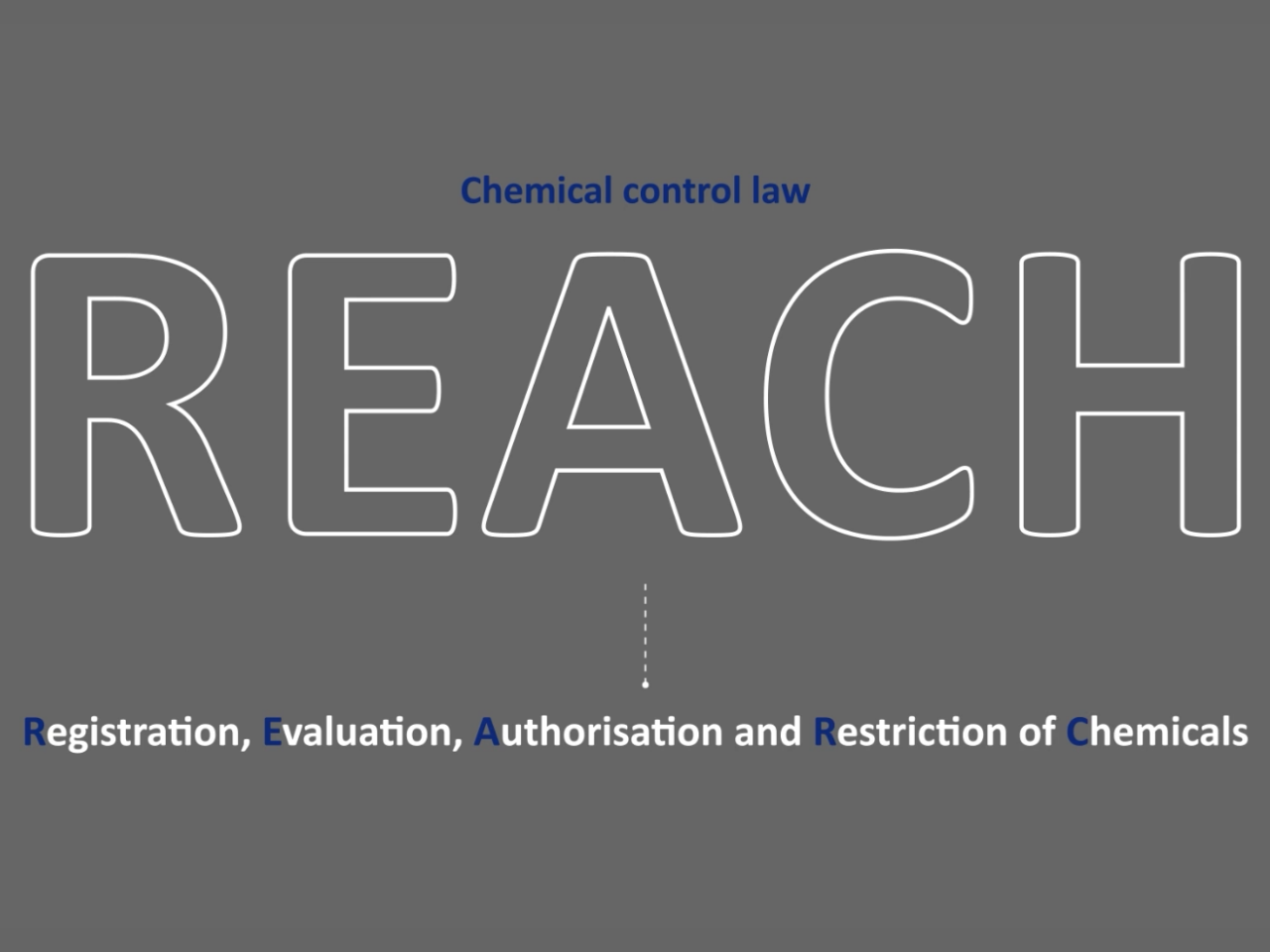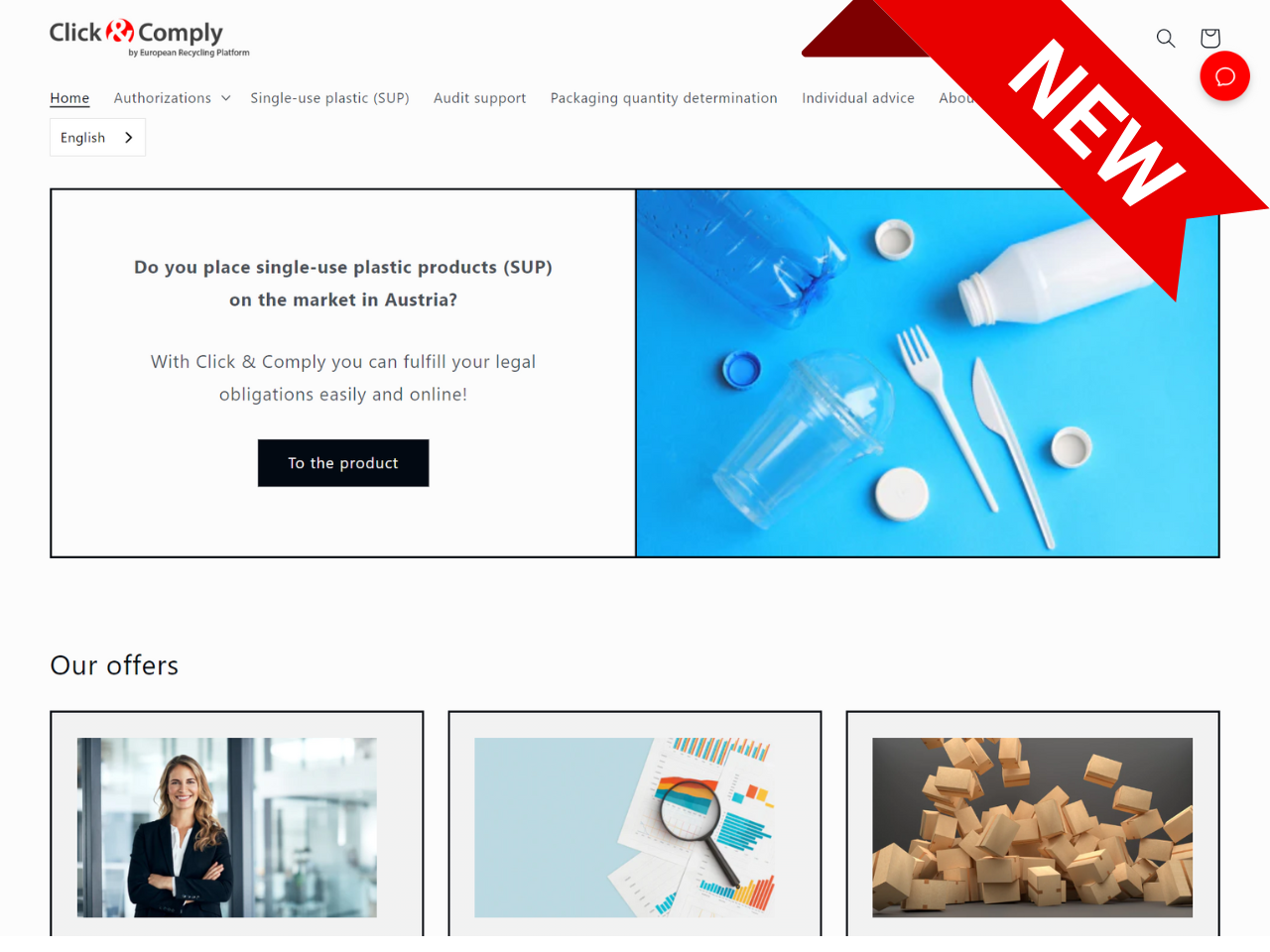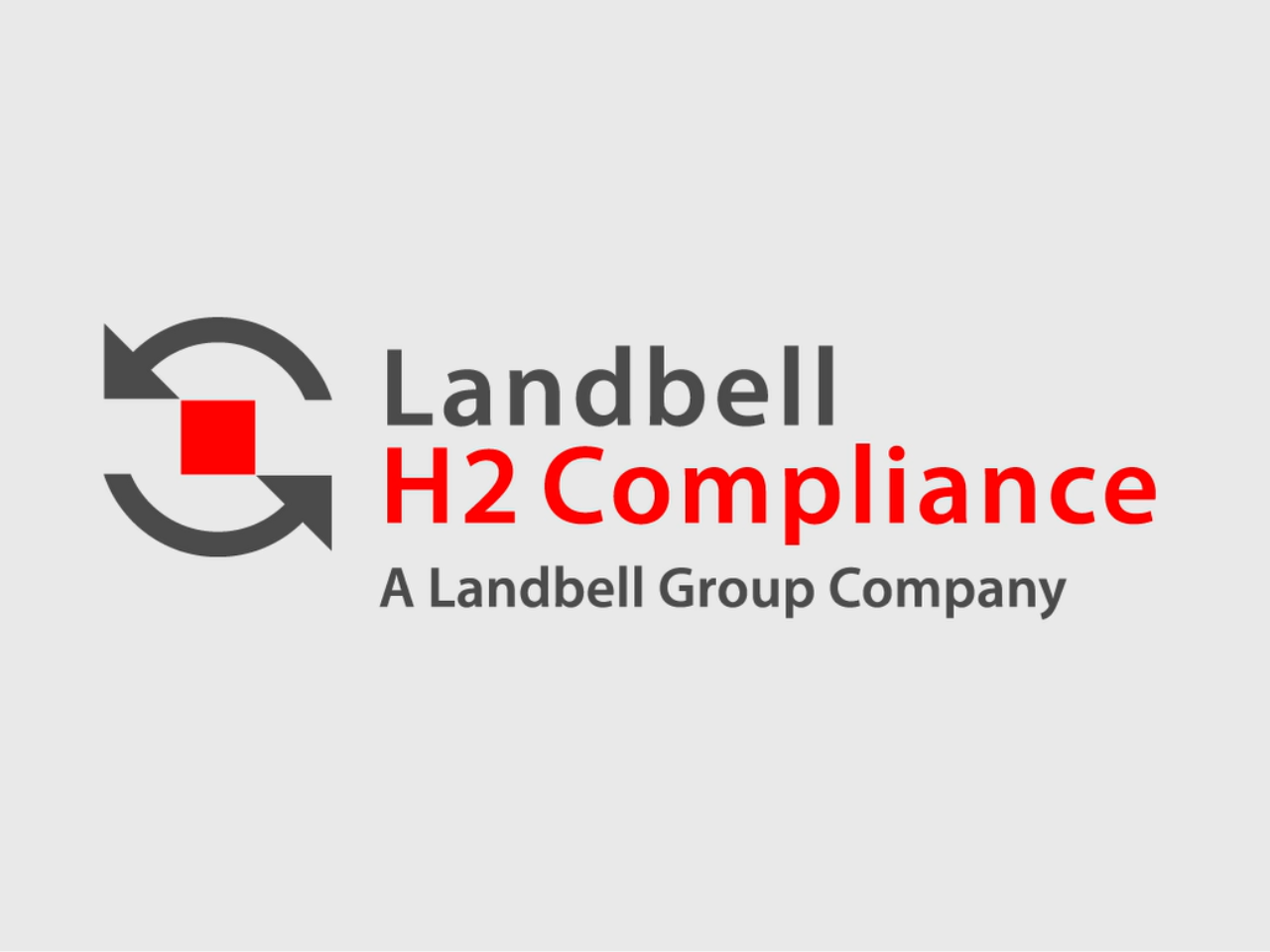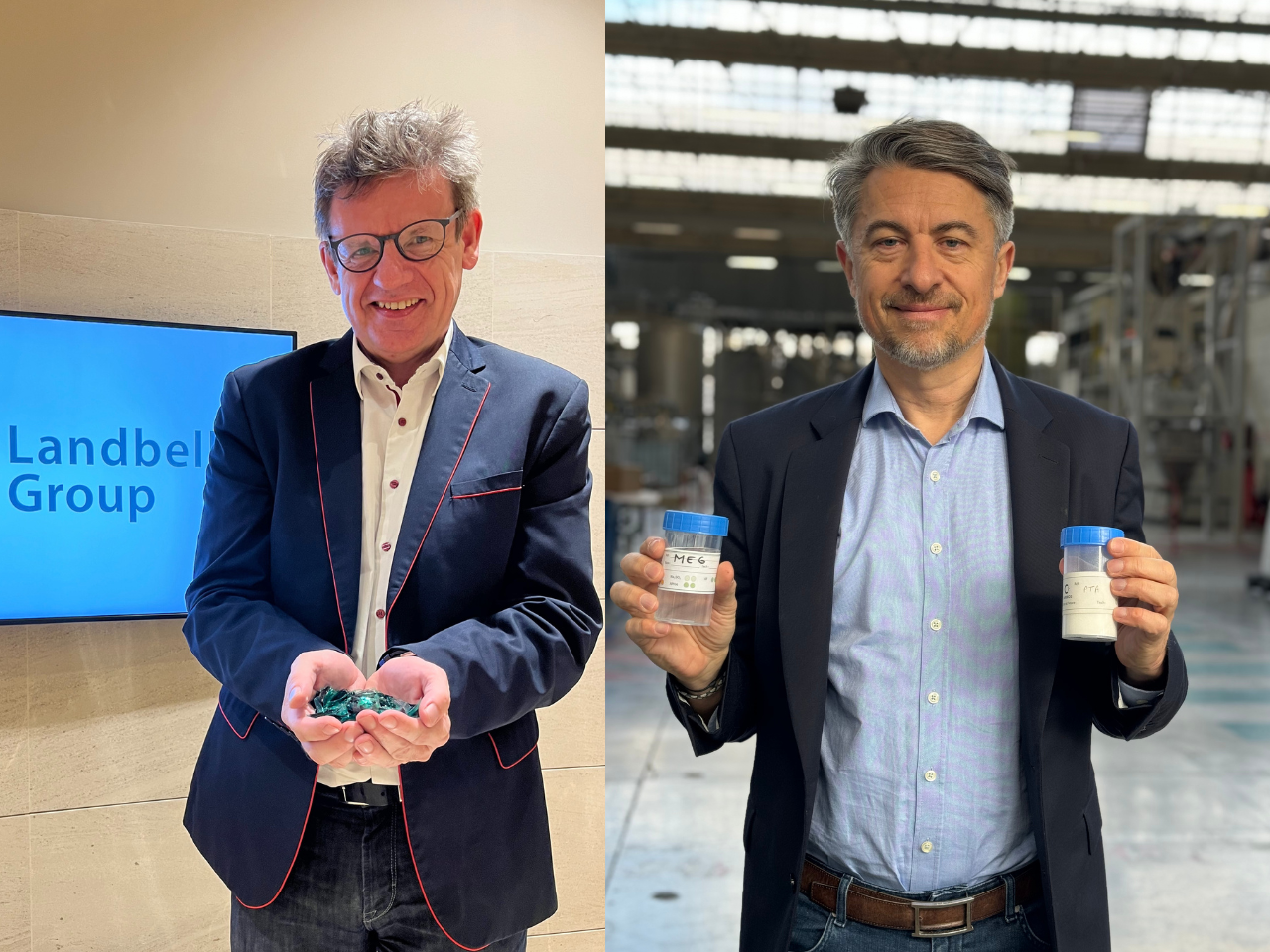Join us. On the path towards a more sustainable future.
Landbell Group.
We simplify compliance.
Landbell Group supports companies and organisations from all over the world with environmental and chemical compliance solutions.
We’re the perfect partner for companies on the journey to a more sustainable future, looking to unlock the value of the circular economy.
Did you know there are new EPR obligations for marketplace sellers? New obligations for packaging already apply in Germany… with more changes to come.
Without a registration you may not be able to sell your products online.
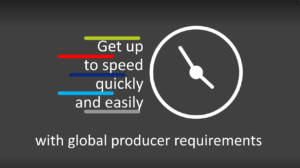
What’s going on in the world of EPR right now? Can you get the support you need to keep up with the ever-changing landscape? We wanted to highlight some of the ways we can help.
Landbell Group companies strive to do business differently.
We believe a healthy environment is the foundation for everything — and an innovative, competitive economy is vital for sustainable growth.
By challenging the status quo, we drive change and create opportunities. Need proof? Just look at our history.
If you want to advance the circular economy, bring about change, and make a real difference to the future of our planet, then you’re our kind of person! And there could even be a place for you on our global team.
Stay informed with our news, latest reports and press releases. From key legislative changes to circular economy news and information on innovative business models — our posts cover the most exciting developments in our industry.
